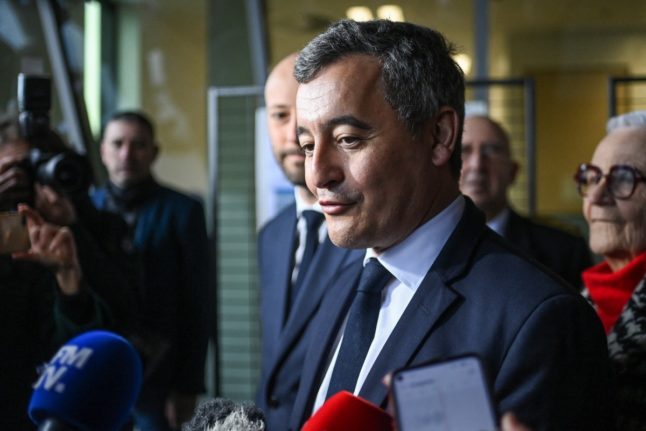“We are going to take a radical decision,” Interior Minister Gérald Darmanin told reporters on a visit to the island on Sunday.
“It will no longer be possible to become French if you are not the child of a French parent,” he added.
He admitted that the measure would require a change to the Constitution.
Under the ‘droit du sol‘ principle, a child born in France to non-French parents has the right to French citizenship – albeit with strings attached, and in most cases children cannot become French until they are in their teens.
Explained: What is France’s ‘droit du sol’?
Mayotte is composed of two islands that voted to stay part of France in 1973, while the others in the surrounding Muslim-majority archipelago sought independence, becoming the Comoros Islands.
Thousands of Comorans fleeing the poverty and corruption of their homeland make the trip across to Mayotte in search of higher living standards every year.
The influx has caused major tensions, with many locals on Mayotte complaining about crime and poverty. For the past three weeks activists have been staging strikes and erecting roadblocks to protest against the lack of security and the migration crisis.
A hot-button issue in France, immigration regularly inflames the political class.
In December, the French parliament passed a tough immigration bill adopted under pressure from the right.
READ ALSO: What changes under France’s new immigration law for foreigners in France?
In January, France’s top constitutional authority censured contentious additions made under insistence from the right and far right.



 Please whitelist us to continue reading.
Please whitelist us to continue reading.
Member comments